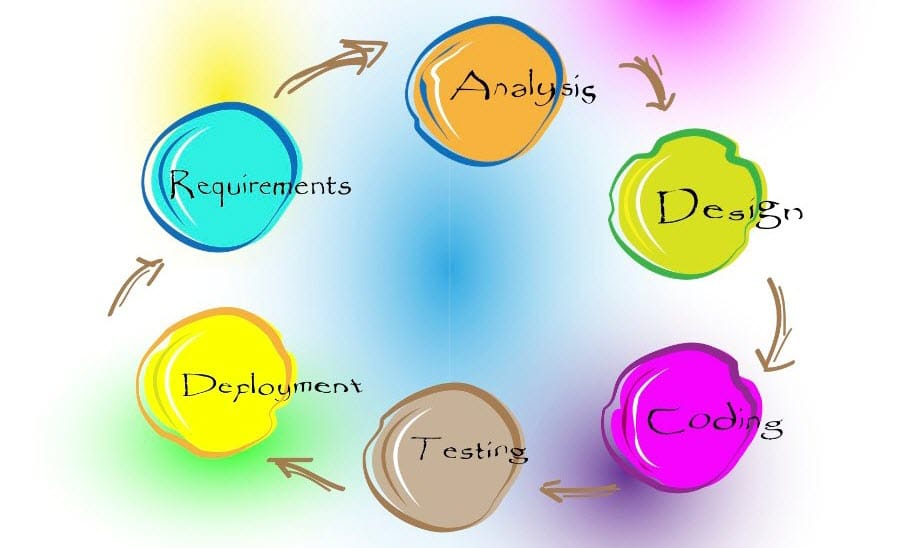Here at RingCentral, your online security is important to us. We want to help you understand how to identify and avoid fraud and malicious activity. Often times, bad actors will try to impersonate well-known and trusted services such as RingCentral to spread malware, defraud, or steal personal information.
This practice is called phishing. In these all-too-common scenarios, users sometimes inadvertently click on a malicious link or an attached file. This often leads to downstream effects that aren’t obvious at the time, including the presence of keystroke logging malware on your computer. Your computer may become part of botnets, and you may fall victim to the collection, and often later resale, of user IDs and passwords.
While more people are becoming knowledgeable about phishing scams, the perpetrators also continue to evolve their methods. The targets, content, and malware associated with these emails change over time.
Recently, we’ve seen some phishing activity with fake emails that look like they are coming from RingCentral. Here’s an example of what one might look like:

- Be suspicious of emails telling you to take urgent action. Fraudsters use this approach to get you to act before you’ve checked whether the email is genuine.
- Be cautious when opening links or any attachments to an email. Verify the attachment and make sure the link resolves to the correct domain prior to opening, as shown in the image.
- Don’t respond to anyone asking for your RingCentral password – a RingCentral representative will never ask you for your password via email.
- When in doubt about whether you’ve received a genuine message, you can always safely check your messages natively in the RingCentral mobile or desktop applications or within your RingCentral account page. You don’t have to click from an email to check your messages.
- If you don’t want message attachments sent to you from RingCentral, our service supports disabling email attachments in your account settings.
Keep in mind that a text message notification from RingCentral will never contain any attachments. Voice mail attachments from RingCentral will only be .mp3 files and fax attachments will only be PDF files. We also don’t send multiple attachments in a single notification email.
If you’re unsure of any email that appears to have been sent by RingCentral, go to the RingCentral Community for a second opinion or for further support. Practice these safety tips and you’ll avoid the potential of falling victim to phishing scams.
Originally published May 18, 2015, updated Dec 30, 2022





